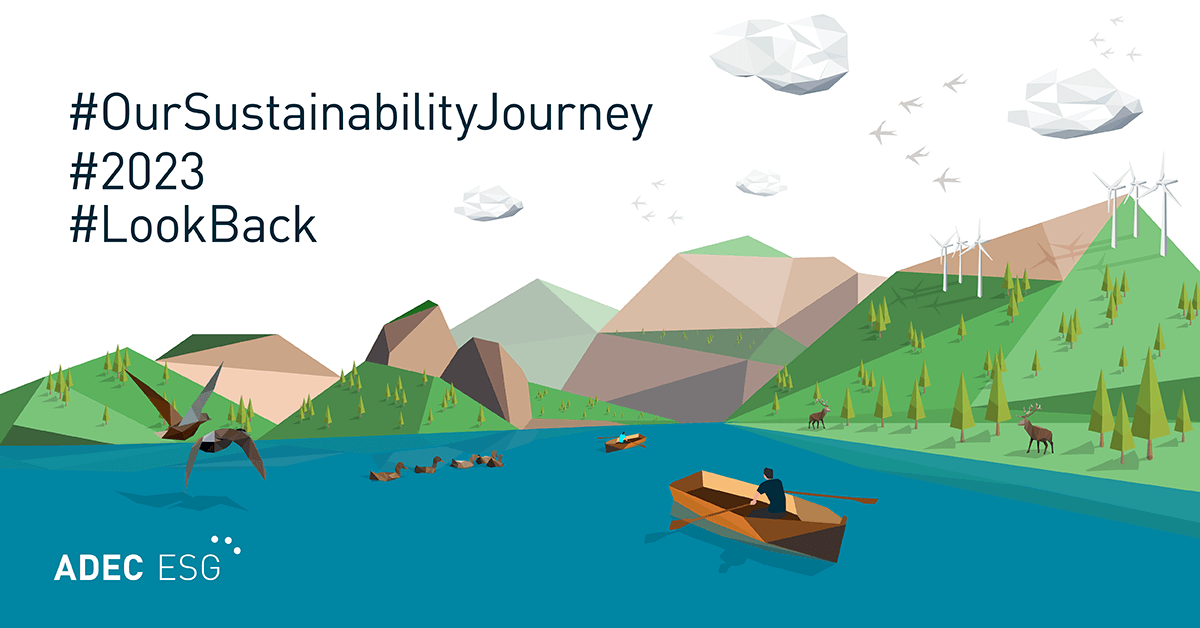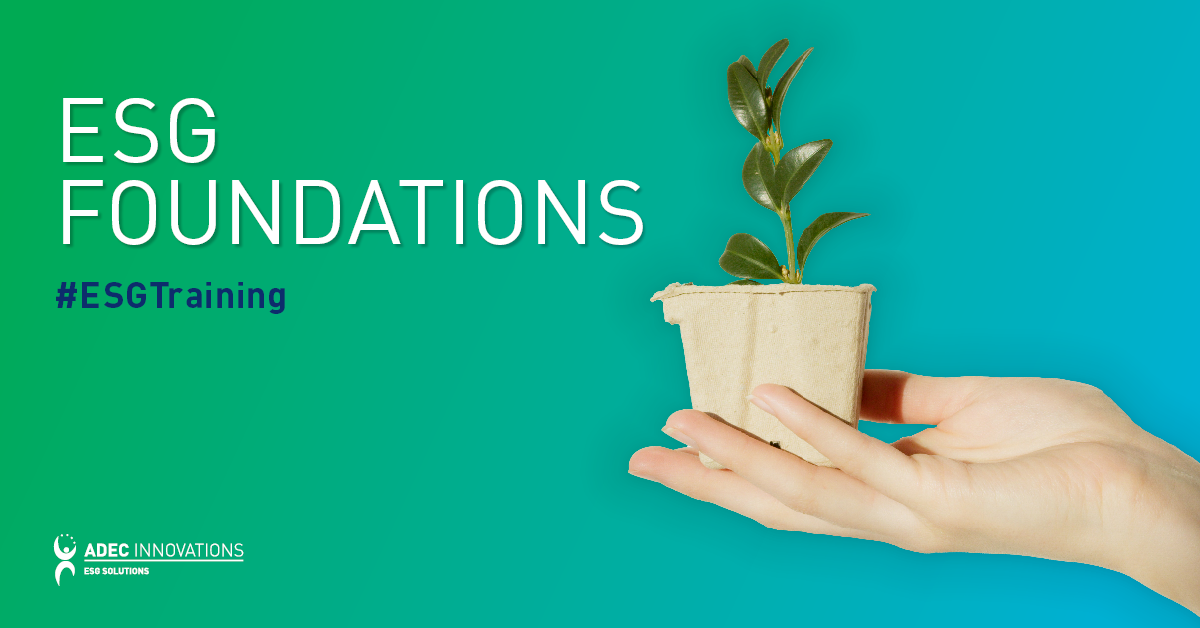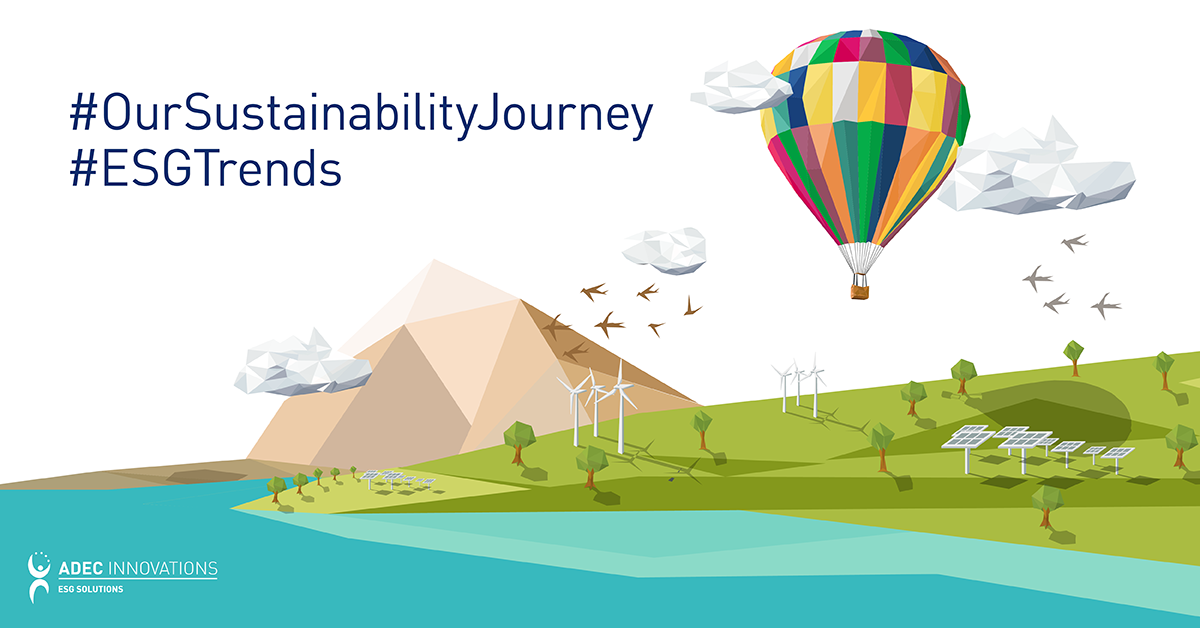 Europe has made great strides in achieving sustainability. In Sweden, garbage is incinerated in order to provide heat to thousands of local homes. About 15% of the UK’s electricity was derived from renewable sources in 2013. In Switzerland, 94% of old glass and 81% of PET containers are recycled. Although Austria is only 84,000 square kilometers and has a population of nearly 8 million, 46% of its land is forested.
Europe has made great strides in achieving sustainability. In Sweden, garbage is incinerated in order to provide heat to thousands of local homes. About 15% of the UK’s electricity was derived from renewable sources in 2013. In Switzerland, 94% of old glass and 81% of PET containers are recycled. Although Austria is only 84,000 square kilometers and has a population of nearly 8 million, 46% of its land is forested.
As the saying goes, there’s always room for improvement. An investment plan can improve the way Europe achieves sustainability by removing the social, economic, political and environmental barriers to sustainability. This is in accordance with the core principle of the Sustainable Development Goals (SDGs), which is to provide the preconditions for the achievement of development goals. By using an investment plan, Europe can have a more holistic and inclusive approach towards reaching sustainability.
The UN-backed Principles for Responsible Investment (PRI) is a set of six guidelines on how companies can use their policies and operations to help solve environmental, social and governance (ESG) issues. The PRIs are:
- We will incorporate ESG issues into investment analysis and decision-making processes.
- We will be active owners and incorporate ESG issues into our ownership policies and practices.
- We will seek appropriate disclosure on ESG issues by the entities in which we invest.
- We will promote acceptance and implementation of the Principles within the investment industry.
- We will work together to enhance our effectiveness in implementing the Principles.
- We will each report on our activities and progress towards implementing the Principles.
Businesses and governments across Europe can use the PRIs as basis for their respective investment plans. Federal banks in Germany, for instance, can use the first principle as a guide for their loan programs. Consequently, they can develop microfinance schemes that cater to women and minorities. Bakeries in France can base their hiring policies on the second principle. As a result, they will provide employment and livelihood training to people regardless of age, gender, ethnicity or educational attainment.
There are already several examples of best practices of companies and governments in Europe in the area of sustainable investment planning. Since 1999, independent advisory  company Obviam has invested over USD400 million in more than 70 funds and 300 SMEs in developing markets on behalf of the Swiss Federal Government. This year, the online site of UK building supply chain Jewson launched the Jewson Tool Shed, an online tool for young people who wish to pursue careers in construction and sustainability. The Jewson Tool Shed provides key information such as necessary skills and qualifications, industry updates and career advice. The Jewson Tool Shed aims to solve the UK’s problems with youth unemployment and homelessness. In 2014, the Town and Country Planning Association said that as of September 2014, there were only 117,000 houses constructed in the UK; the country needs 240,000 new houses each year. In February 2015, Prime Minister David Cameron stated that unemployed young people must render community service in exchange for Jobseeker’s Allowance (JSA). The Jewson Tool Shed is one example of how the UK’s private sector can help achieve these goals.
company Obviam has invested over USD400 million in more than 70 funds and 300 SMEs in developing markets on behalf of the Swiss Federal Government. This year, the online site of UK building supply chain Jewson launched the Jewson Tool Shed, an online tool for young people who wish to pursue careers in construction and sustainability. The Jewson Tool Shed provides key information such as necessary skills and qualifications, industry updates and career advice. The Jewson Tool Shed aims to solve the UK’s problems with youth unemployment and homelessness. In 2014, the Town and Country Planning Association said that as of September 2014, there were only 117,000 houses constructed in the UK; the country needs 240,000 new houses each year. In February 2015, Prime Minister David Cameron stated that unemployed young people must render community service in exchange for Jobseeker’s Allowance (JSA). The Jewson Tool Shed is one example of how the UK’s private sector can help achieve these goals.
Attaining sustainability is a community effort. An investment plan will ensure that all sectors of Europe will actively participate in bringing about sustainability. This cooperation, in turn, will effectively remove the social, economic, political and environmental barriers to sustainability. When these barriers are eliminated, real and lasting sustainability will be attained.
FirstCarbon Solutions (FCS) helps organizations recognize business drivers for sustainability practices and offers cost-effective sustainability management solutions. FCS provides guidance on industry best practices and can help you with your sustainability programs. For more information on other sustainability solutions, read this article from our monthly newsletter, GreenWatch.






